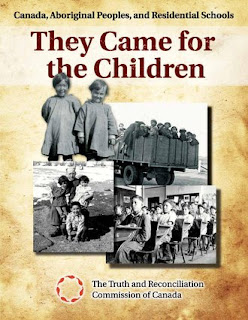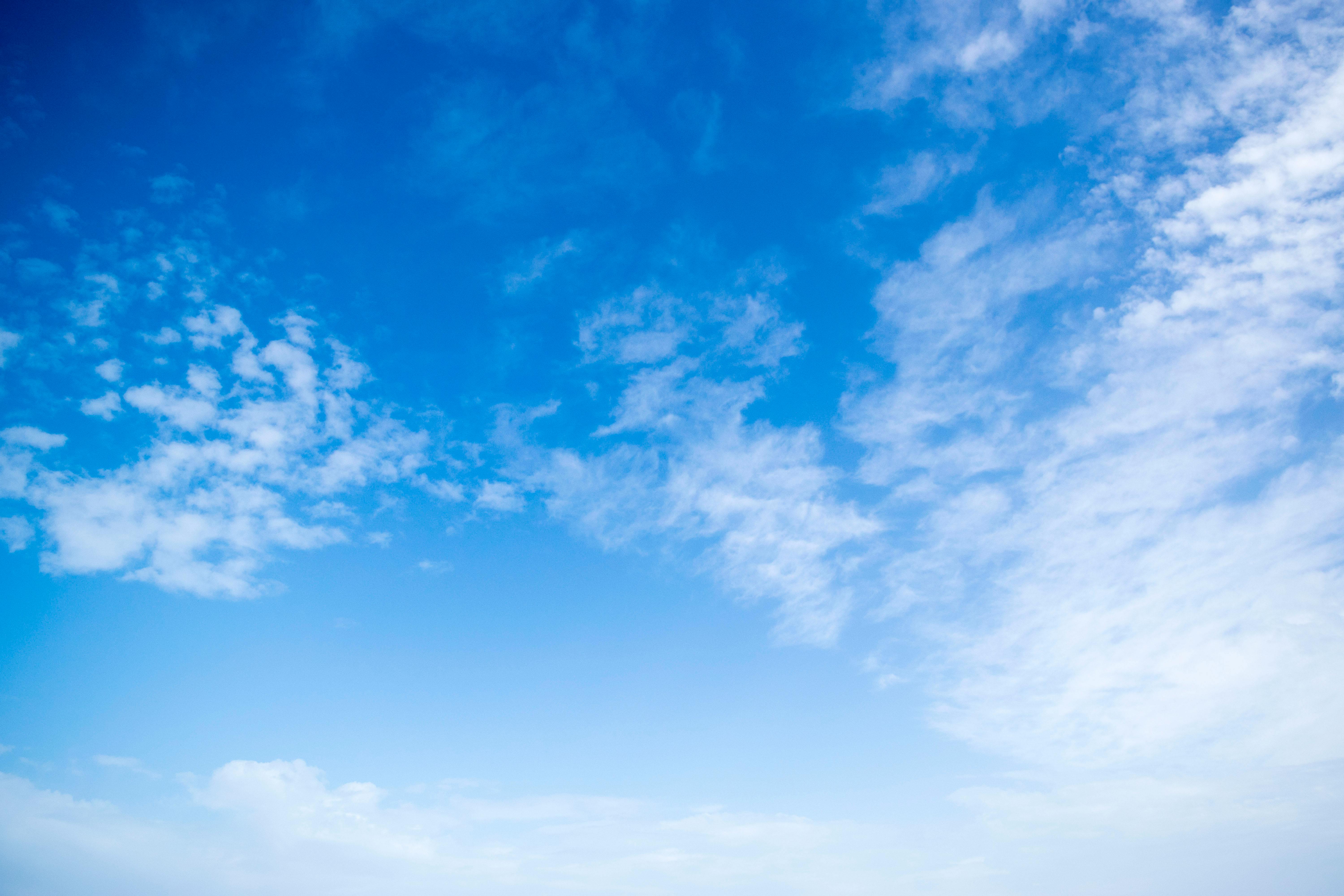Continuing from the previous two posts, my blog’s focus for the next several days is to raise awareness about the Truth and Reconciliation Commission of Canada's (TRC) Calls to Action. A summary of the whole report can be found at Honouring the Truth, Reconciling for the Future Summary of the Final Report of the Truth and Reconciliation Commission of Canada. Today, we read the 7 Calls to Action aimed at Education: Calls to Action 6 - 12.
Education
6) We call upon the Government of Canada to repeal Section 43 of the Criminal Code of Canada.
7) We call upon the federal government to develop with Aboriginal groups a joint strategy to eliminate educational and employment gaps between Aboriginal and non-Aboriginal Canadians.
8) We call upon the federal government to eliminate the discrepancy in federal education funding for First Nations children being educated on reserves and those First Nations children being educated off reserves.
9) We call upon the federal government to prepare and publish annual reports comparing funding for the education of First Nations children on and off reserves, as well as educational and income attainments of Aboriginal peoples in Canada compared with non-Aboriginal people.
10) We call on the federal government to draft new Aboriginal education legislation with the full participation and informed consent of Aboriginal peoples. The new legislation would include a commitment to sufficient funding and would incorporate the following principles:
i. Providing sufficient funding to close identified educational achievement gaps within one generation.
ii. Improving education attainment levels and success rates.
iii. Developing culturally appropriate curricula.
iv. Protecting the right to Aboriginal languages, including the teaching of Aboriginal languages as credit courses.
v. Enabling parental and community responsibility, control, and accountability, similar to what parents enjoy in public school systems.
vi. Enabling parents to fully participate in the education of their children.
vii. Respecting and honouring Treaty relationships.
11) We call upon the federal government to provide adequate funding to end the backlog of First Nations students seeking a post-secondary education.
12) We call upon the federal, provincial, territorial, and Aboriginal governments to develop culturally appropriate early childhood education programs for Aboriginal families.







